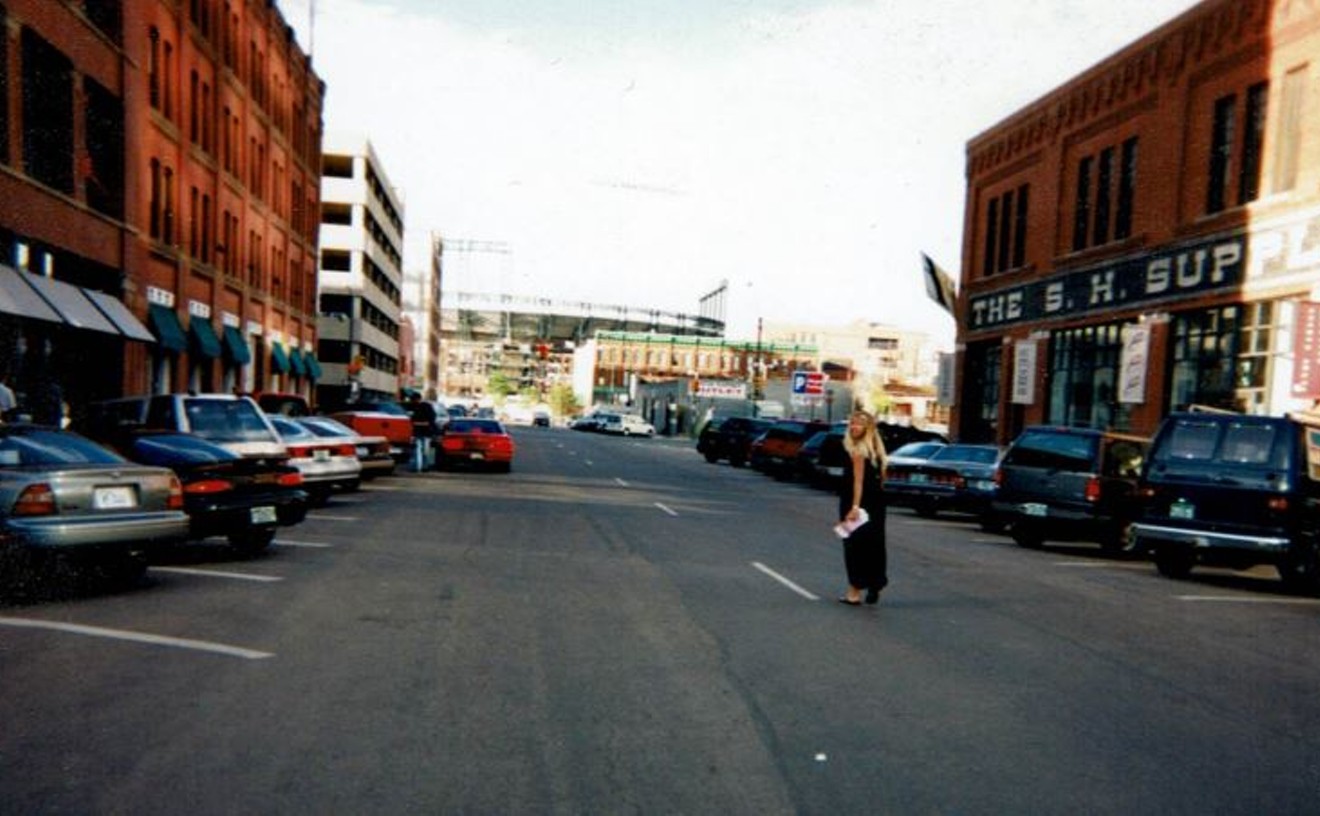It's becoming a Christmas tradition for Wikipedia founder Jimmy Wales to take to a banner ad above all Wikipedia entries begging people for donations -- this week, he stepped up the shrillness of his rallying cry by adding the word "Urgent" to his appeal. With a fundraising goal of $16 million (he's about halfway there), Wales will keep the banner up until he reaches that mark, to the end of keeping the site -- the fifth most popular website in the entire world -- free of advertising. And that's a noble goal.
Well, kind of.
We all know advertising is lame and stupid. And these days, it's more prevalent than ever, a constant barrage of loud noises and flashing lights competing for our attention on the television, on the computer, on the radio and even just driving down the street, all toward to goal of cajoling us into convincing us we need products. But that's the trade-off. We demand to be entertained for free, and we pay for it with a portion of our attention.
To be certain, web-based advertising can be incredibly annoying -- some sites are so stuffed with pop-ups, streaming video and noises they're hardly worth using, and nobody wants to see Wikipedia become that. Here's what's great, though: It doesn't have to. Not all Internet advertising is all that bad. If you look to your right, for example, you'll most likely find some sort of ad that somebody paid us money for -- chances are, you weren't even aware of it until now. They're banner ads, and they lend themselves to being completely ignored. Wale's banner is, in fact, the exact same type of ad.
Except that -- setting aside for a moment the irony of having an advertisement to ward off the advertising -- Wales' banner is worse. A lot worse, actually. Because, unlike Wale's banner, the ad at the top of this page is not making you feel guilty for not buying whatever it's advertising. The ad at the top of this page does not have Wales' sad-eyes piercing you to the depths of your very soul, imploring you to pay $20 for something you're already getting for free. The ad at the top of this page is just there, and you don't even have to think about it if you don't want to.
There's really no need for Wikipedia not to have advertising like that; what Wale's campaign amounts to is a vanity project. Advertising is not cool. You're not as cool if you have advertising.
But you know what else is not cool? Begging.
Even so, we're going to beg: Jimmy Wales, please stop making the sad eyes at us. We do not care if there is advertising on Wikipedia, so long as it is not ridiculously invasive. So please, replace your sensitive mug with a Steak 'n' Shake ad or something, and start making advertisers pay for people to have stuff for free and not feel bad about it. It's the Internets way.










